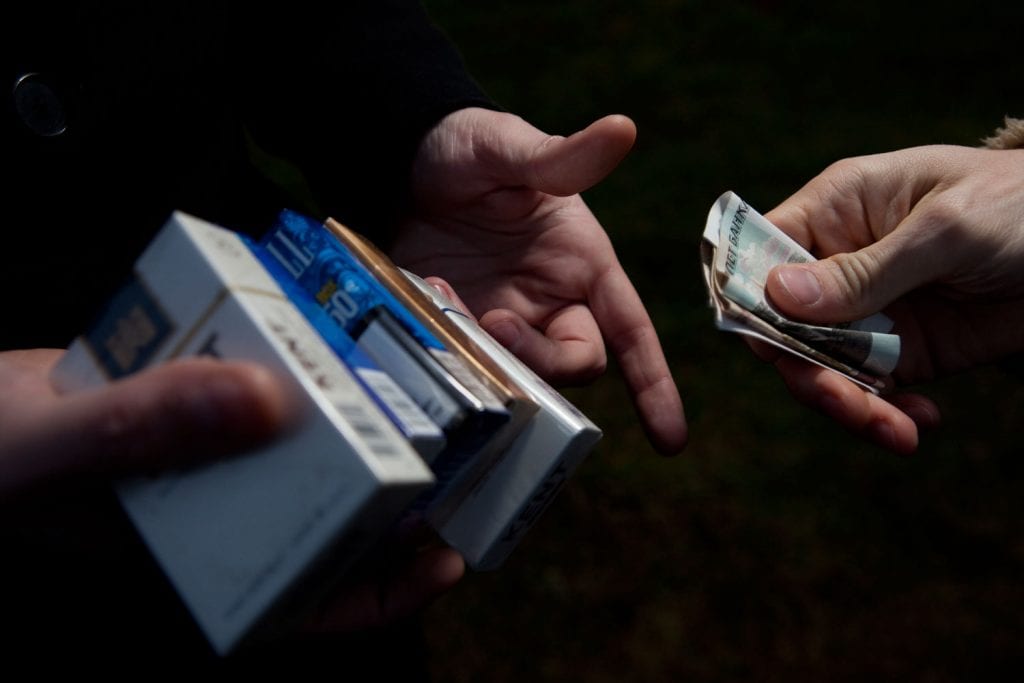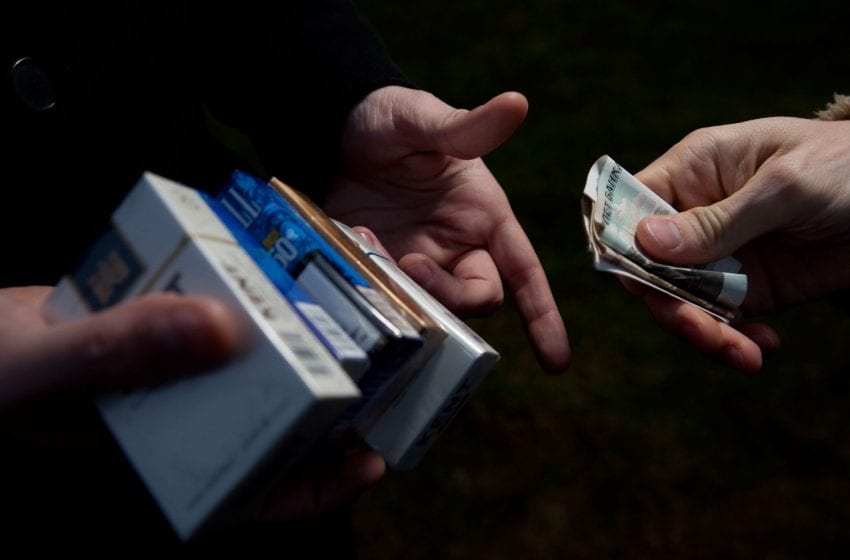
The participants in the World Health Organization Protocol to Eliminate Illicit Trade in Tobacco Products will convene Nov. 15–18 in the so-called meeting of the parties (MOP2). The virtual meeting follows the ninth Conference of the Parties to the Framework Convention on Tobacco Control, which concluded last week.
The protocol, which entered into force in 2018, aims to combat illicit trade in tobacco, which according to the parties undermines tobacco control policies and public health. Parties to the protocol have enacted or strengthened national legislation aimed at tackling illicit trade in tobacco products.
Every year, an estimated $47 billion is lost globally to illicit trade in tobacco products. To reduce this loss and improve the effectiveness of tobacco control legislation, the parties this week will consider ways to move forward on implementation of the protocol, including amplifying its effects through improving international cooperation.
“We have serious work to conduct at this meeting,” said Adriana Blanco Marquizo, head of the FCTC secretariat, in a statement ahead of the gathering. “Not only does the illicit trade in tobacco products undermine progress being made on taxing tobacco products, but illicit trade is linked to cross-border organized crime and other activities which threaten our security.”
Among other topics, the parties will discuss ways of securing the supply chain of tobacco products; tracking and tracing technologies are key to achieving this objective. They will also propose the creation of a $25 billion fund to help finance the protocol. This potential new source of financial contributions is targeted at investors outside the traditional health sector.
Along with parties, there will be several state nonparty observers attending as well as a number of tobacco control organizations whose request for observer status is expected to be accepted by the MOP2.
The number of parties to the protocol will soon reach 64 as the treaty enters into force in the most recent country to have ratified it.

